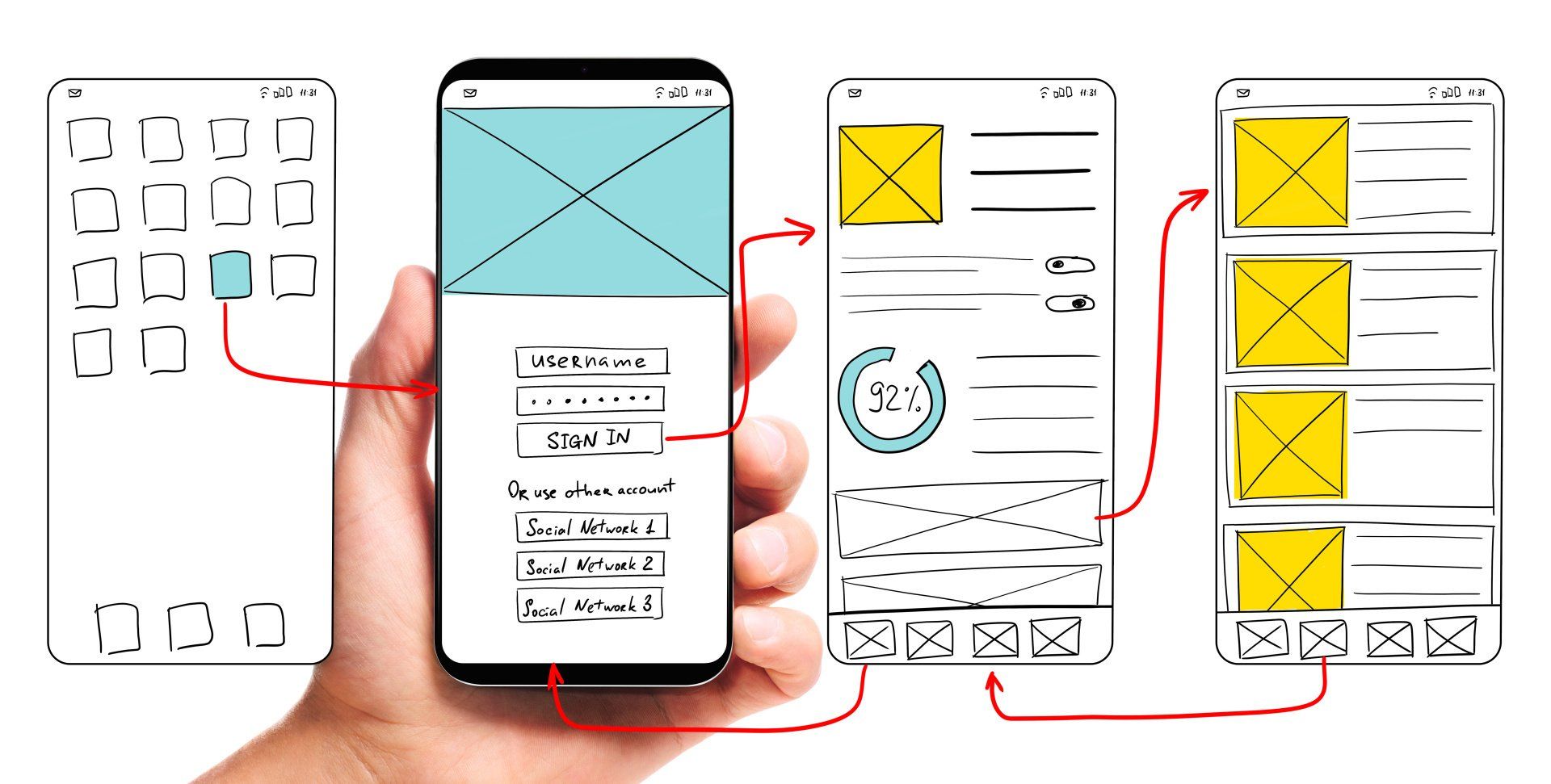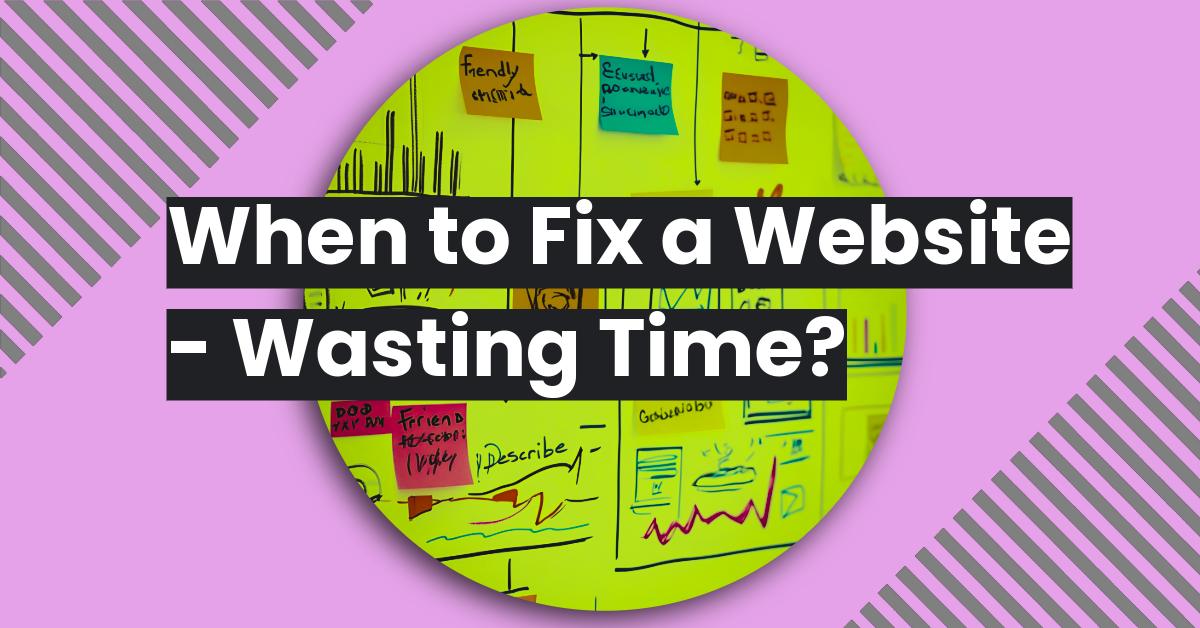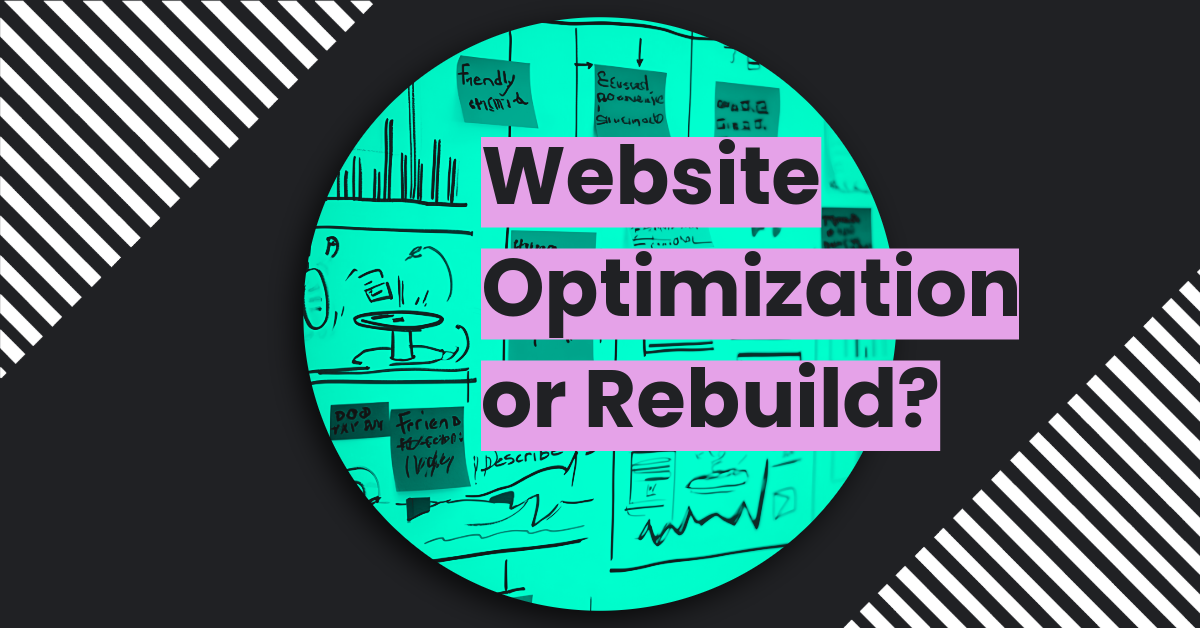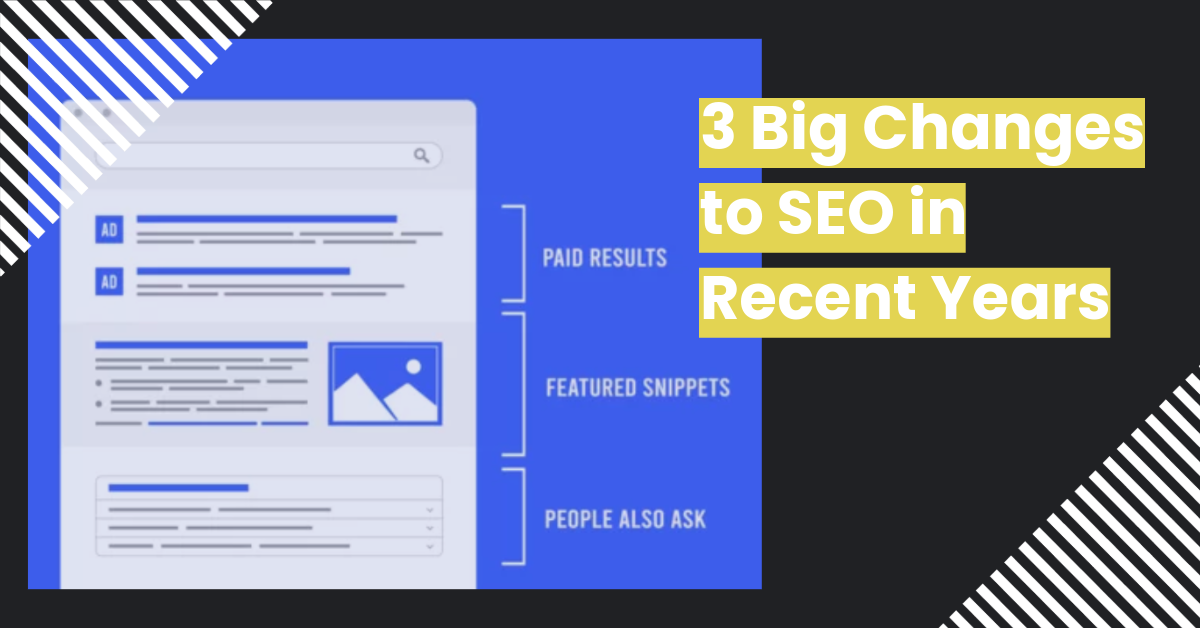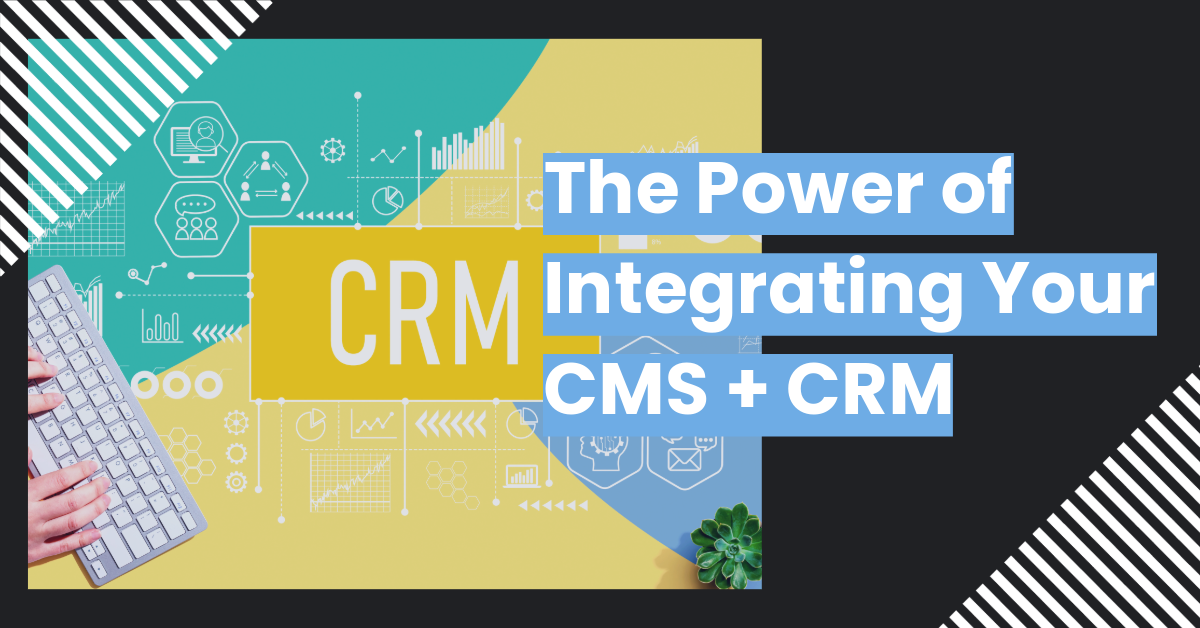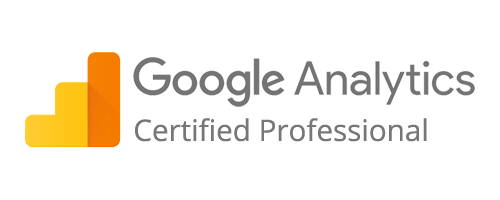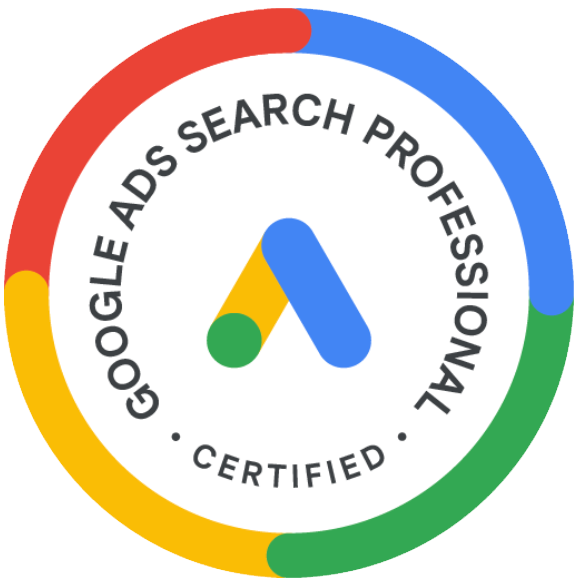Google Page Experience Updates
Since late last year, website developers and SEO professionals have been gearing up for Google's "Page Experience" update. Originally slated for May 2021, Google recently announced that the update would be delayed until June. So if you're a business owner or a webmaster, you have a little bit more time to prepare.
The announcement was made on Google's blog and was even couched in a cooking metaphor, presumably to make it a bit more palatable:
"We will begin using page experience as part of our ranking systems beginning in mid-June 2021. However, page experience won't play its full role as part of those systems until the end of August. You can think of it as if you're adding a flavoring to food you're preparing. Rather than add the flavor all at once into the mix, we'll be slowly adding it all over this time period."
Google's Page Experience Signals
Just to be clear, page experience is *only one* of many factors that Google's algorithm will take into consideration when ranking web pages. So hopefully all you'll need to do is make a few pertinent changes to your site and then keep an eye out for potential issues.
To help you monitor your website in the wake of this update, Google is including a new Page Experience report in its Search Console. This report will keep track of five separate signals.
Core Web Vitals
Google introduced these metrics last year and they will definitely be playing a major part in this latest update.
The Core Web Vitals include:
- Largest Contentful Paint (LCP): This metric measures loading performance by calculating the amount of time it takes the largest piece of content on your page to load completely. For a good user experience, a page's LCP should be 2.5 seconds or less.
- First Input Delay (FID): This metric measures interactivity by calculating the amount of time it takes for clickable buttons and other interactive features on your page to load. Ideally, you'll want your FID to be less than 100 milliseconds.
- Cumulative Layout Shift (CLS): The metric measures the visual stability of your page. A page that jumps around and shifts its layout while loading can be jarring and disruptive to the overall user experience, especially when it results in a user accidentally clicking the wrong button/link/element. You should strive to keep your site's CLS score lower than 0.1.
Mobile Usability
This measures whether or not a page is mobile-friendly by looking for common mobile usability errors. Fortunately, Google has provided a
Mobile-Friendly Test for webpages to help you get a leg up.
Security Issues
This measures whether or not a page is free of security concerns, such as deceptive content (like social engineering) or malware.
HTTPS
To ensure that your site's connection is secure, its pages need to be served over HTTPS.
Ad Experience
Your site should not use any advertising techniques that are distracting or disruptive, including intrusive interstitials and popups.
Just think of Page Experience as the complement to traditional SEO. Optimizing your website for the search engines will bring in the visitors, but optimizing for user experience will ensure that they stick around once they find you.
Sources:
“Understanding page experience in Google search results” (Google Search Central)
“Google Postpones Page Experience Algorithm Update to Mid-June” (Search Engine Journal)



